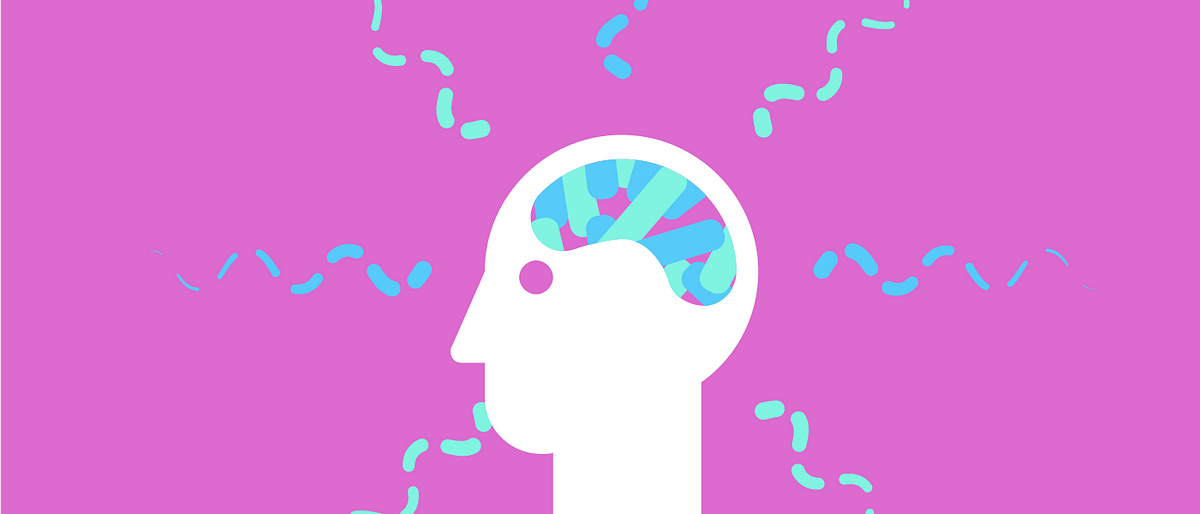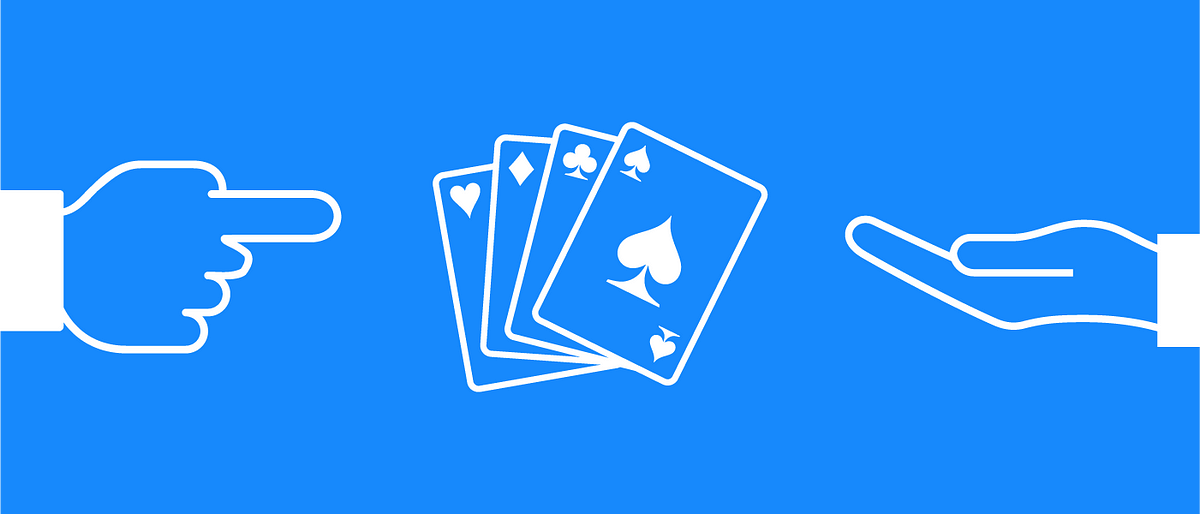-
How digital design canvases will evolve to better suit modern workflows
Modern design canvases, like Figma, take inspiration from sticky notes we put on a wall. As you add and move sticky notes, their purpose gets lost and additional information not on the note is lost. Similarly, the design canvas gets messy with frames filled with UI at different states of completion. These end up strewn…
-
The smiling moon
Barcelona was hot and humid beyond what we could tolerate, but walking around the beautiful city, visiting friends and eating delicious food made it worth it. At least it did for the first week and a half. In addition to the recommendations curated by one of our generous friends, we relied heavily on Google Maps…
-
My lost notebook
In 2016, at the happiest moment of my design education, I forgot my notebook on a train and the documentation of my growth that year disappeared with it. “At least you didn’t lose your laptop…” a friend said gingerly when the last car of the train rushed past. It was true that I had uniquely…
Get my updates straight in your inbox
-
How we inspired organizational change with a one-hour service
This essay is about our recent shift to rapid testing to validate ideas away from assumption-based evaluation, and how that helped our organisation re-evaluate some core offerings and saved us a ton of time. We will go over the role of connecting the dots between serendipitous events, how we tracked the value of what we…
-
A class in user-centred design for engineers
This summer, I will be tackling a challenge that has thus far been unprecedented to me: teaching design thinking and user-centred design concepts to graduate level engineering students. While this was daunting at first, I have to think of it as a two-pronged applied research endeavor. The first is an ethnography on engineering students and…
-
“Design” in Design Thinking is there to get your attention
Making accessible the creativity that designers typically practice in their jobs in order to allow anyone to innovate has fortunately become in vogue over the past few years. The unfortunate part is that rather than package this creativity in a friendly ‘Ages 2 and up’ box, it got called Design Thinking and simultaneously all designers…
-
Your company vision is like a set of cards in your hand
The power of metaphors in helping you internalize the meanings of certain lessons and the ways in which you want to tackle your goals is something that’s often been discussed. Following an interesting conversation with a co-founder of one of District 3’s graduated startups, e-panneur, a metaphor for how to deal with your new company’s…
-
Trusting your Creativity
Our belief at Particles Design Lab is that creativity is present in all, but with forms that are infinitely different from person to person. Despite common belief, creativity is not limited to those that are artistic. Artists simply exhibit artistic creativity, but would you trust a painter to tell you which formula would be best…
-
Introducing Speculative Supply
I’m happy to finally push this out. Throughout my year in Copenhagen, and more recently my final project, I have come across a variety of ways to make meaningful an activity that I have always enjoyed immensely: Speculation. Analyzing situations, having thorough discussions about what might come, and debating and discussing potential futures is an…
-
Using details from conversations to enable further education
Outside of smalltalk, most conversation is filled with rich indicators of someone’s personality and interests. Unfortunately because of the lack of the terrible ratio of teachers to students in an average school, the caring attentiveness required to extract meaning from these conversations and apply them to the learners is quite difficult. Essentially, the ability that…
-
Explaining and testing learning through speculation
Schools are meant to prepare learners for the future but they are quite often robbed of that until they leave high school. With the speculative learning method, the idea is to try and have learners invent the future by employing and, in doing so, immediately contextualizing the variety of things they have learned to shape…
-
Like a piece of cake
There is a time in our lives that will feel very much like a piece of cake. It’s not any kind of cake — most certainly not something bland like a spongecake. No. That is both too easily edible and boring, and this kind of cake is definitely neither of those properties. This time is like a…

